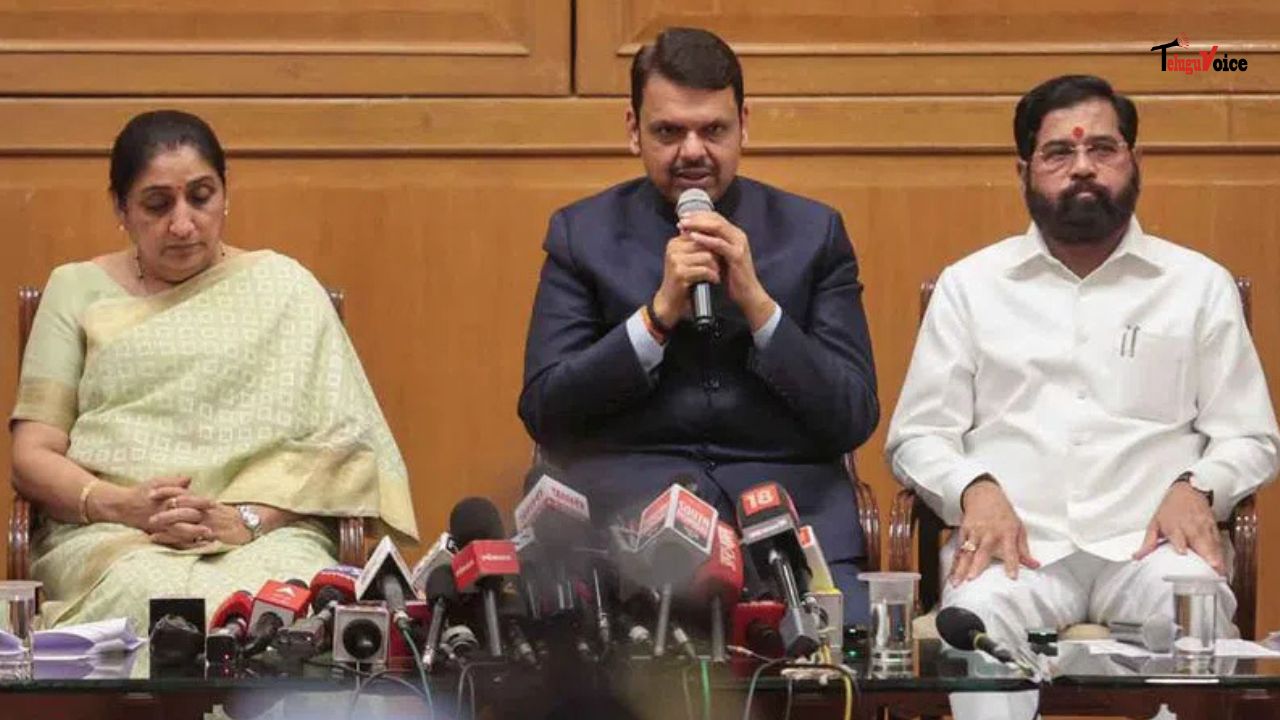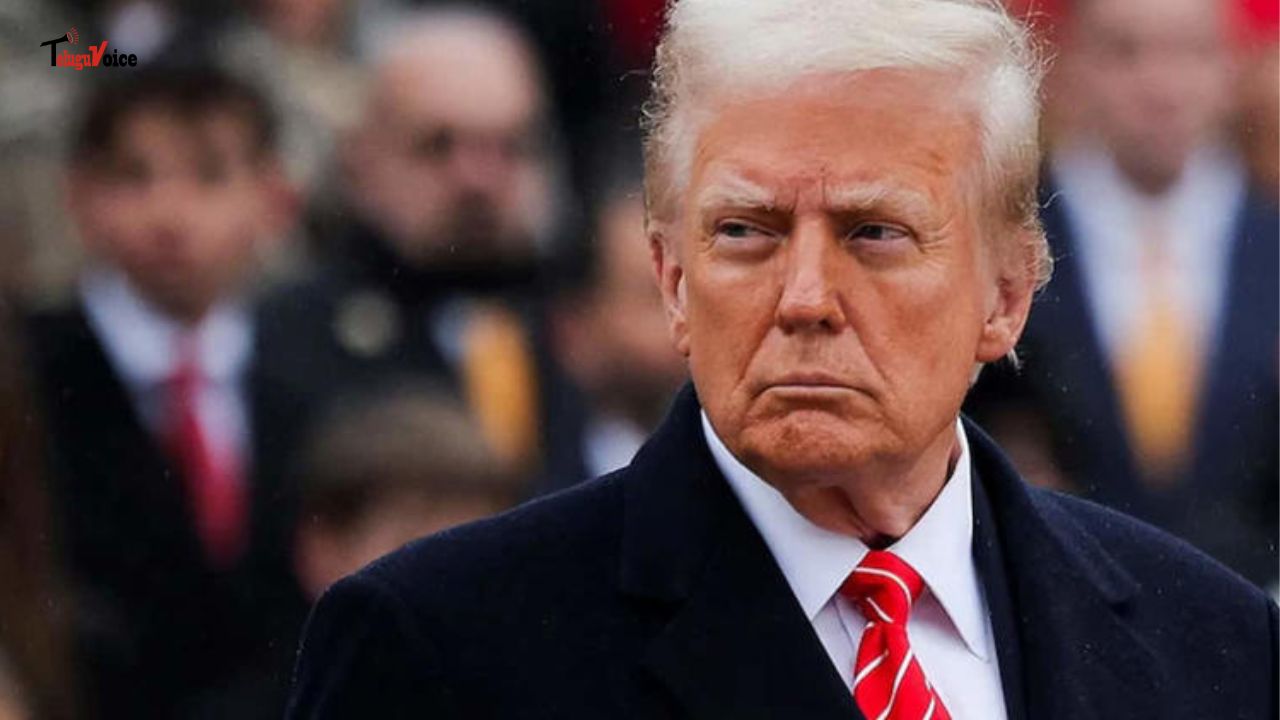CM Chandrababu Naidu Inaugurates Rs 3,683 Crore Projects in Sri City, Aims to Position Andhra Pradesh as a Global Industrial Hub

Andhra Pradesh Chief Minister N. Chandrababu Naidu on Monday laid the foundation, inaugurated, and signed agreements with multiple companies in Sri City, amounting to a total investment of Rs 3,683 crore. These projects have the potential to generate 15,280 jobs, marking a significant step towards the state's industrial development.
Among the inaugurated projects were 15 industrial ventures with a combined investment of Rs 1,570 crore, expected to create 8,480 jobs. Additionally, the Chief Minister laid the foundation for seven projects worth Rs 900 crore, which are projected to generate 2,740 jobs. Furthermore, five agreements were signed with various companies, involving an investment of Rs 1,213 crore, with the potential to create 4,060 jobs.
"Today, at Sri City, we paved the way for further industrial development. I inaugurated 15 industrial projects with Rs 1,570 crore investment and laid the foundation for 7 projects worth Rs 900 crore. Additionally, 5 companies signed MoUs (agreements) for Rs 1,213 crore investment today," Naidu shared in a post on 'X'.
Speaking at a roundtable with industrialists, CM Naidu emphasized his commitment to fostering industrial growth, noting that businesses create jobs and wealth, which in turn boosts government revenue for welfare and development initiatives. He highlighted the success of Sri City, which currently hosts 220 companies from 30 countries, attracting investments worth $4.6 billion and generating exports valued at $4 billion from companies like Isuzu, Kobelco, Pepsi, Alstom, and Foxconn.
Naidu also expressed his vision for making Sri City one of the world's leading special economic zones (SEZ), aiming to rival or surpass Shenzhen in China. He underscored Andhra Pradesh's focus on emerging industries such as electric vehicles, hybrid energy models involving solar, wind, pumped energy, battery, and thermal sources, and green hydrogen, positioning the state as a leader in sustainable development.

 South Africa tour of India 2019
South Africa tour of India 2019










Comments